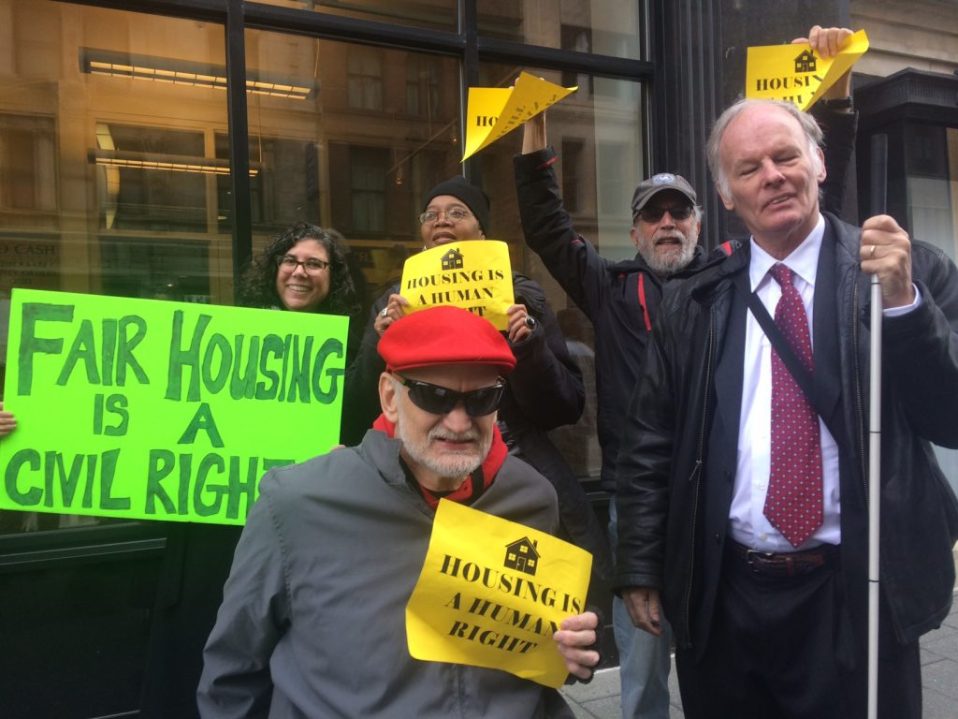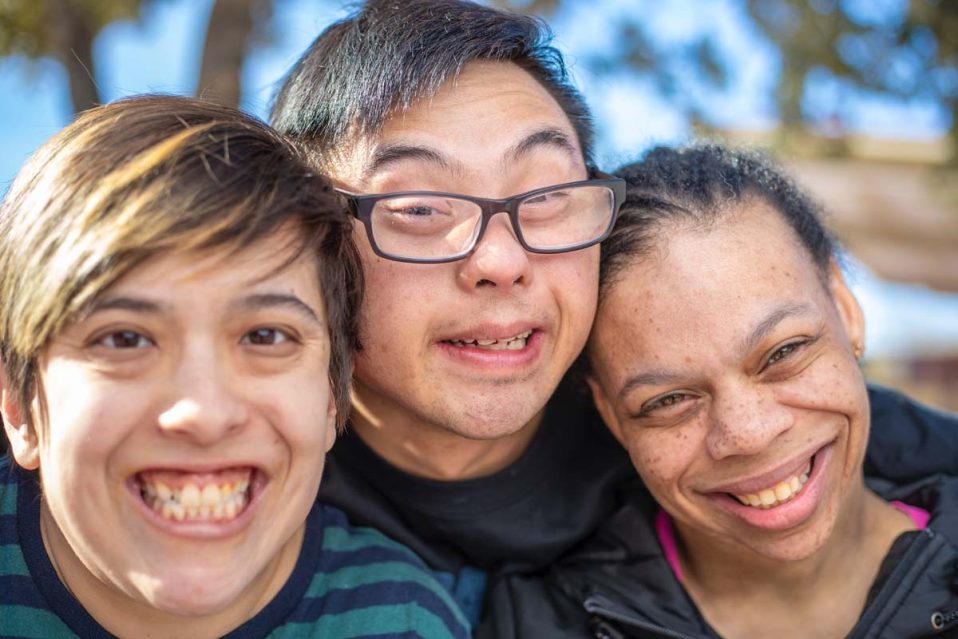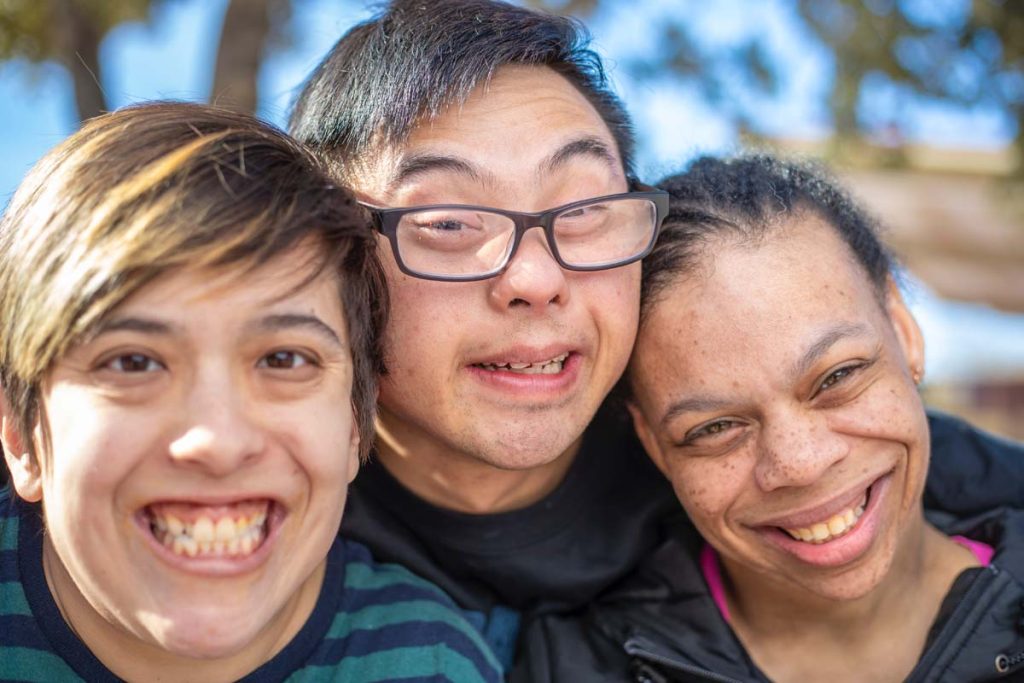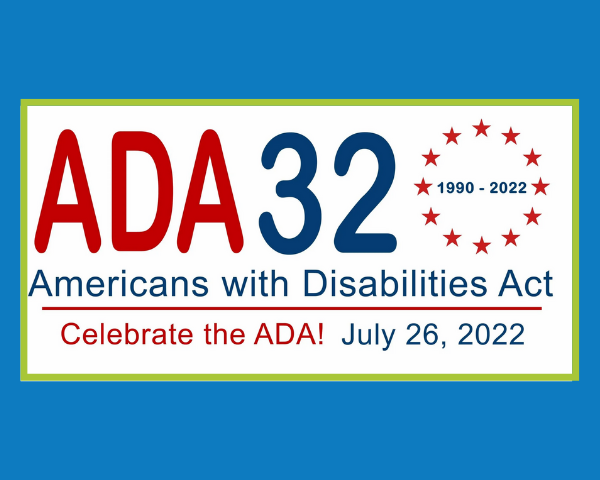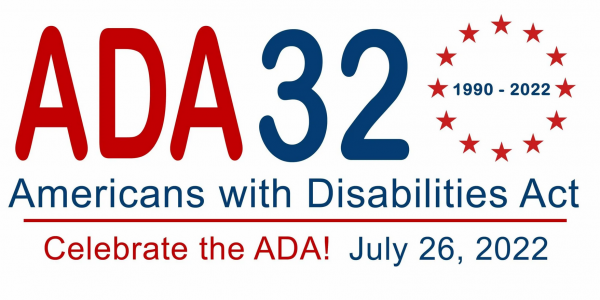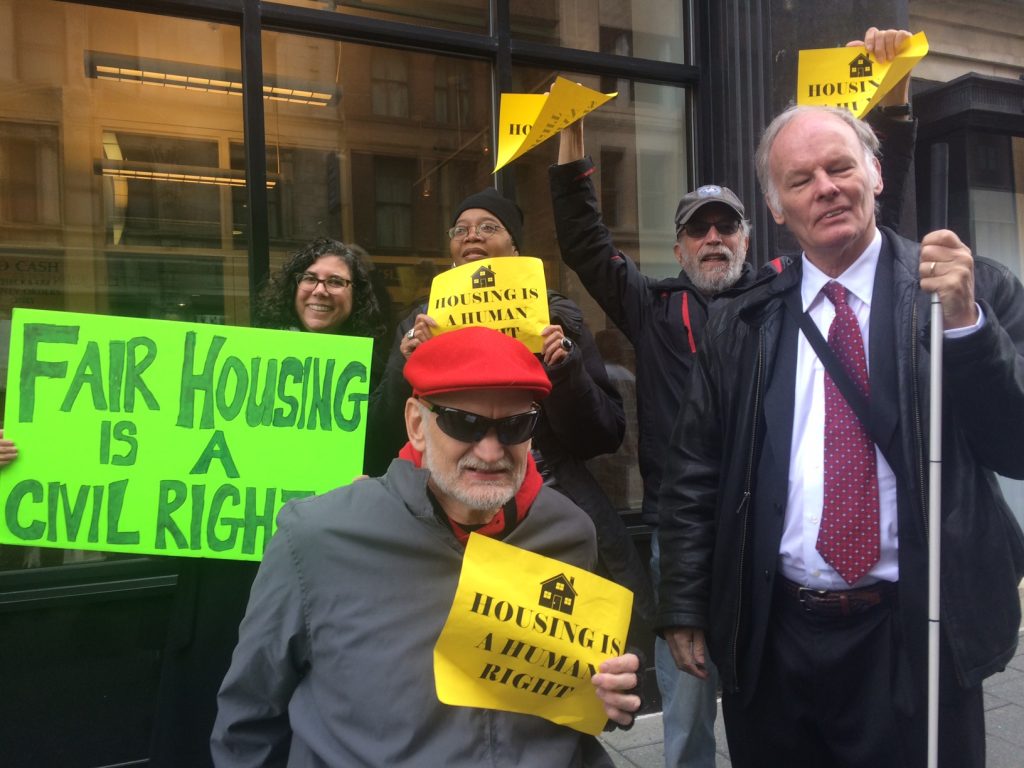
In Maryland, more than half of all people with disabilities had annual household incomes below $15,000 in 2016. While many people with disabilities receive monthly Supplemental Security Income (SSI) benefits, SSI payments alone are usually not enough to afford market-rate housing: in 2020, the average monthly rent of a one-bedroom apartment in Maryland was $1,223, while monthly SSI payments were just $783.
Maryland’s eviction crisis is an affordable housing crisis.
If you are experiencing routine eviction filings by your landlord and cannot pay rent timely because of when your benefits arrive, you may have the right to a reasonable accommodation for an extended grace period to pay your rent.
Read more from The Baltimore Banner, “Filing for evictions is cheap and easy in Maryland. Tenants suffer.”
